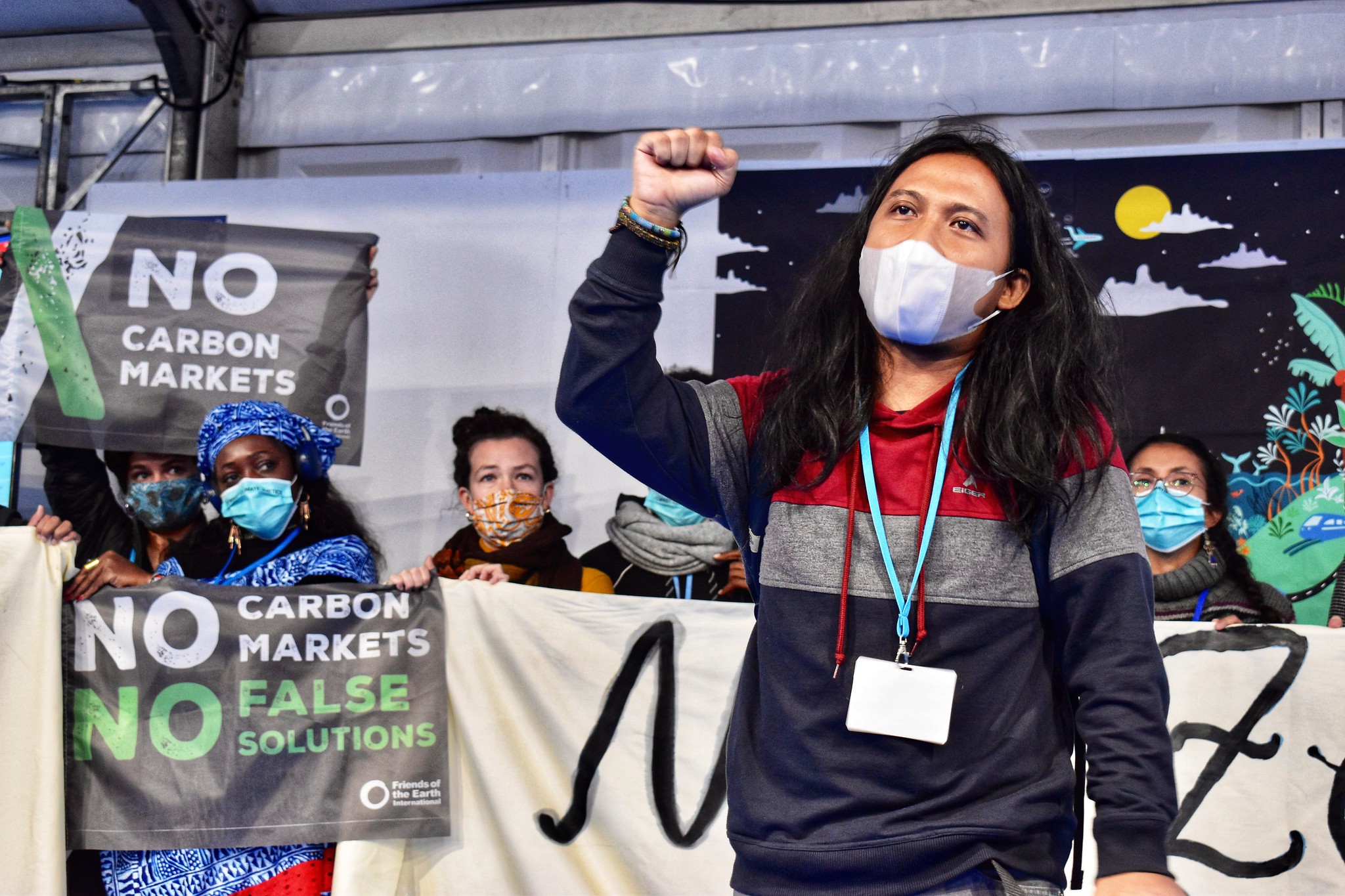
REDD: Good or Bad?
“Native forests and indigenous people are not for sale.”
Evo Morales, President of Bolivia, Cochabamba
There have lots of mutterings about a mechanism called REDD (reduced emissions from deforestation and forest degradation) at the conference on Forests, Biodiversity and Indigenous People that I’m at in Penang, Malaysia But is it a good thing or a bad thing?
Chris Lang, a Brit who lives in Jakarta and runs a website called www.redd-monitor.org compares it to the famous film ‘The Good, the Bad and the Ugly.’ REDD is a financial mechanism which aims to reduce emissions from deforestation in developing countries. It is an attempt to get an agreement whereby the North pays the South not to destroy forests. On the surface, this may sound great but when you look at the detail, like Chris does, it all begins to unravel.
“It’s very popular with governments in the North as they can get carbon credits,” says Chris. So instead of making reductions themselves they just pay their way out of it. Chris continues by saying that it suits governments in the South as they can get “billions of dollars for not doing anything.”
But there is a little bit of good news. Evo Morales, hero of Latin America for being the only indigenous President in the world, responded to the complete failure of the Copenhagen talks by hosting a meeting of interested and affected parties in Cochabamba. The resulting Cochabamba Accord led to text being inserted into the REDD negotiations that supports indigenous rights and opposes industrial plantations.
So what’s the bad in the story? Bharrat Jagdeo, President of Guyana, really likes REDD. But there’s a catch here. To qualify for REDD, a country needs to show it is suffering from deforestation and is reducing its deforestation and therefore its emissions. But Guyana doesn’t have much deforestation. So the President hired a company to write a report on what the potential impact would be if its few forests were chopped down, despite it not really happening at the moment. He’s now pretty much saying hand over the cash, or the forest that we have will go.
Norway agreed to pay Guyana $250 million, as long as the money went via the World Bank to avoid corruption. The Word Bank said there had to be safeguards in place. But both the World Bank and the Norwegian government backed down when Bharrat Jagdeo labelled this “colonialism”, and as a result this condition was deleted from the agreement. The President has already drawn up a list of projects he wants to develop with the money, with a hydropower dam top of the list, and a road
leading to it going straight through the forest the money is supposed to protect.
And last but not least, the ugly. There’s an Italian representing Papua New Guinea the REDD discussions. How can the discussions be reflective of climate justice when the North is representing the South at the negotiating table?
Deforestation in Brazil has dramatically decreased, but it happened without REDD. The Brazilian government is currently re-writing its forest code and there is a serious danger that it could be weakened. Ironically, If the government weakens the code they will get more money. Lets hope they will see sense and not be temped.
